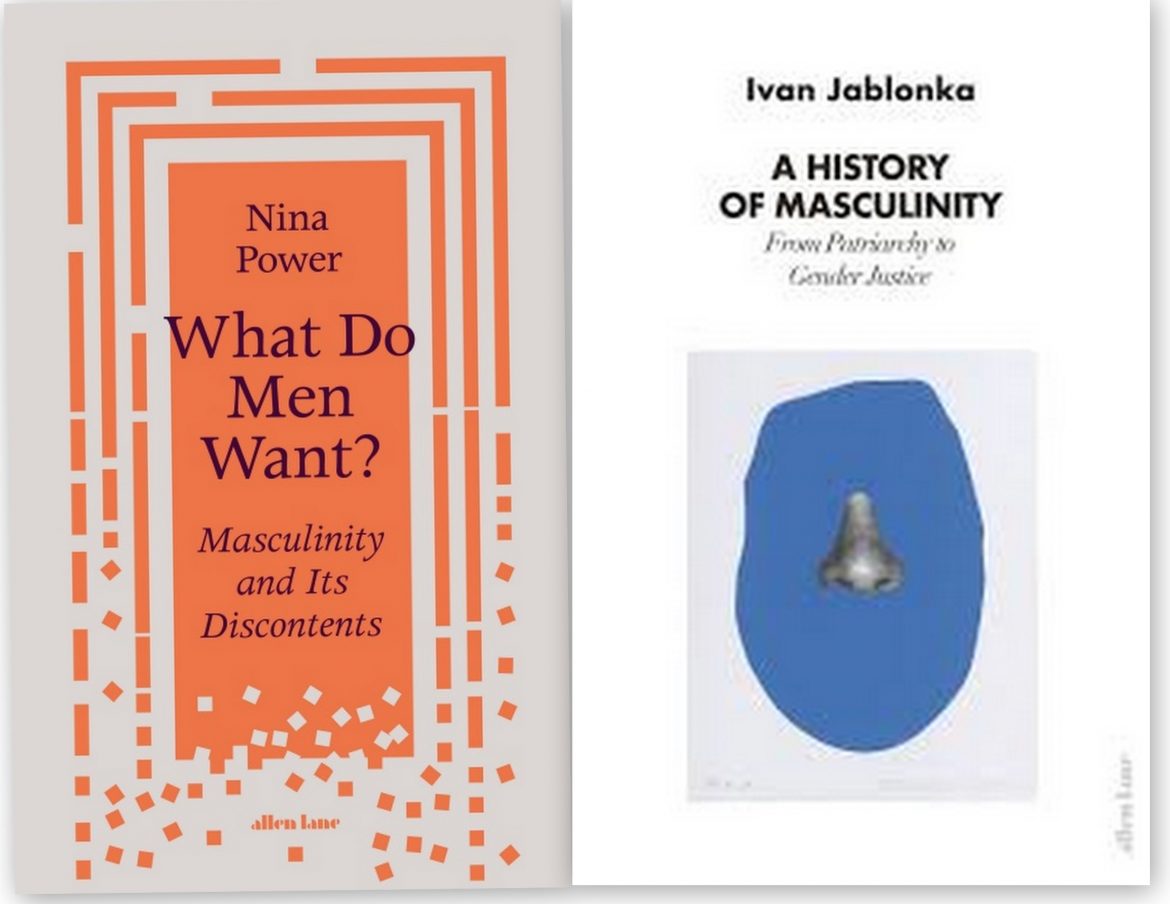As Russia invades Ukraine and the world is on the brink of another major war, what could be a worse manifestation of patriarchy than the killing of innocents.
Still, popular fiction and cinema have overwhelmingly portrayed war as the ultimate test of masculinity, a rite of passage that makes men out of boys. Brotherhood, courage, patriotism are marks of manhood; those who refuse to fight are mocked as cowards, sissies, effeminate. The sacrifices of women, their silent bravery is rarely lauded, although when men return broken from wars, it is the mothers and wives who are expected to put together the pieces.
Over the years, with attention paid to women’s rights, feminism, the expansion of the roles of women outside home, the definition of masculinity should have changed too, but after short, trendy phases of the metrosexual and the New Man, there is invariably a reversal to traditional masculinity, which is, post the #MeToo movement, often prefixed with the word “toxic.” It is unfortunate that popular culture glorifies the bad boys, the rebels without causes, gangsters and conmen, while good men, who look after families, keep stable jobs, sustain relationships and share household chores, are derided as boring and other coarse unprintable terms.
If expectations from women have changed over time, why are men constantly forced to revert to the kind of machismo that demands of them to aspire to modern, urban variations of the caveman?
Two recent books try to examine what masculinity means today—A History of Masculinity: From Patriarchy to Gender Justice by Ivan Jablonka and What Do Men Want? Masculinity and Its Discontents by Nina Power. They add to the mountains of thought and debate on the gender battle, but perhaps the subject needs to be periodically revisited and reassessed.
Tim Adams, writing in The Guardian recalls, “A few years ago, I sat through an enjoyable lecture by the artist Grayson Perry about the familiar evils of rigid ideas of masculinity: war, imperialism, misogyny, alienation. The lecture was part of a festival called Being a Man (or BAM! for less evolved members of the tribe). Perry ended his comments with a scribbled series of demands on a whiteboard for a new bill of men’s rights, with which it was hard to argue. “We men ask ourselves and each other for the following: the right to be vulnerable, to be uncertain, to be wrong, to be intuitive, the right not to know, to be flexible and not to be ashamed.” He insisted that men sit down and mostly talk quietly to achieve these aims and was given a rousing standing ovation.
“Nina Power’s provocative and rigorous book addresses some of those questions from a traditional feminist perspective. When she asked her male friends the question in her book’s title, “What do men want?”, most of them played up to stereotypes: “to be left alone”, “p***y”, “a shed”, “Nigella Lawson”. While she analyses the predictable adolescence of such responses and what might lie behind them, she is more interested in the aspiration of a single one of her mates: “to be a good man”. What, today, might that look like?”
That is the question that needs to be asked repeatedly: when it is clear that society aspires to peace and prosperity best achieved when there is an equality of the sexes, or at least a level playing field, why are there calls from religious leaders or Taliban-like hide-bound conservatives to return to what are considered a traditional roles—men as providers, warriors, leaders, women as homemakers and subservient followers
By itself, this conventional division of labour is not bad, if equally values, but when a society lays so much emphasis on wealth and power, then stay-at-home women (and the stray man) automatically lag behind. When men take over control, the first thing they do it snatch it away from women, as has been seen in any conflict zone. If women are denied education and independence, the next step is a tyrannical brand of repression and exploitation and a devaluation of the female so complete that girl children are not even allowed to be born, or killed in infancy with impunity.
Still, in a society where women have fought for and won some measure of equality – legal if not political or economic—there are howls about masculinity being in a crisis.
Jablonka examines in detail the history of patriarchy and suggests that the way forward is dismantling the old notions of masculinity, because only men have gained from patriarchy. “Although it has been shaped by millennia of stereotypes and institutions, the traditional model of masculinity is outdated. It is both old-fashioned and harmful because it is a mechanism for dominating not only women but also men whose masculinity is deemed illegitimate.” Jablonka dreams of inventing “new masculinities so that they mesh with the rights of women and undo patriarchal hierarchies. This has the potential to transform everything: the family, religion, politics, business, the city, seduction and even language.”
Power, on the other hand sees the chaos that has resulted when “the sexes are socially, economically, culturally and sexually more proximate in their behaviors than ever, and yet, in other ways, men and women could not seem further apart of less comprehending of each other.” She hopes for a kind of truce, “to wonder how we might live together better, about how men and women might be reconciled to one another’s existence.”
She writes that all men are blamed for the actions of a few. “But a punitive logic that sees no possibility of change, helps nothing. Instead, it seems designed, perversely, to keep things exactly as they are, in a kind of stalemate.”
The possibilities of rebuilding a more just and egalitarian society are within reach, but perhaps also impossibly Utopian.
(This piece first appeared in The Free Press Journal, dated February 11, 2022)

